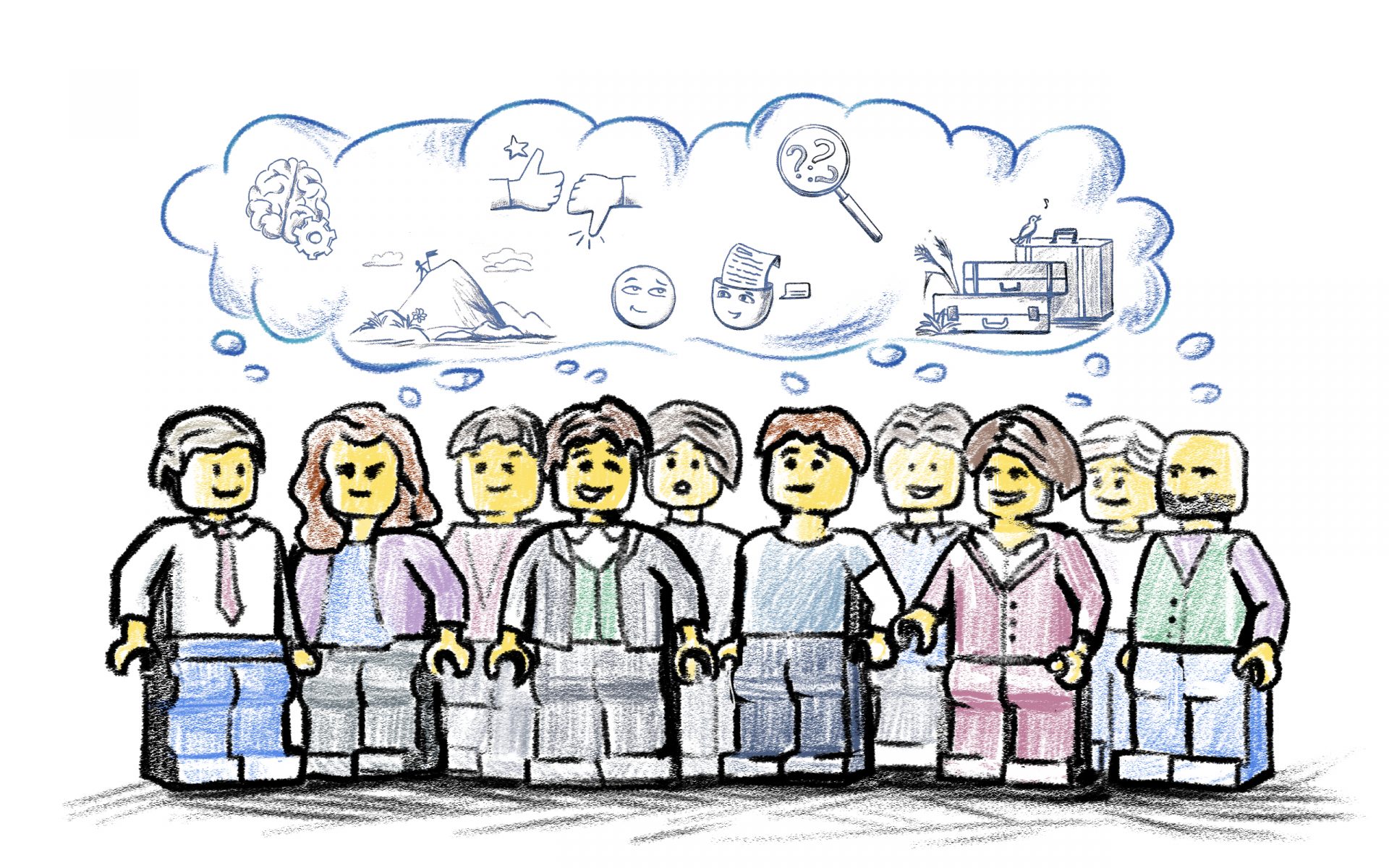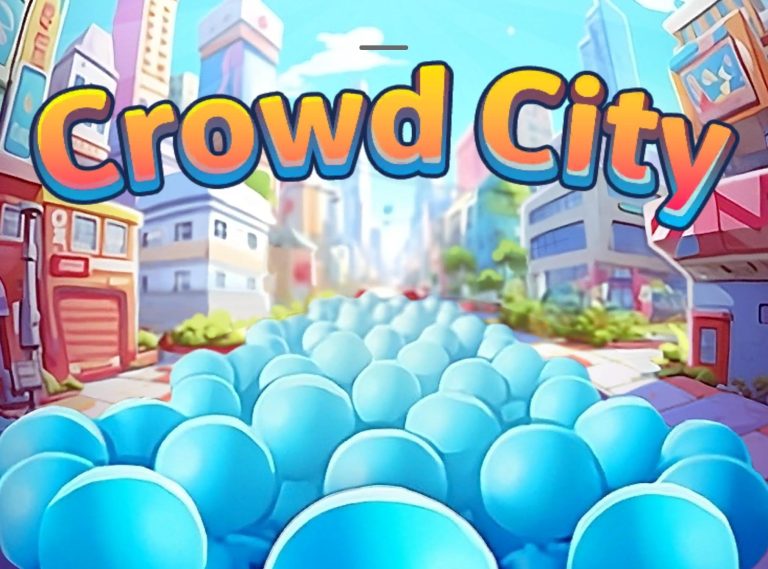I’ve been working with product managers for 25 years, the past 13 years at the helm of my freemium game consultancy. During that time I have worked with over 200 clients, primarily in product management. I have taken projects from inception to profitable, live platforms. I have joined product launches mid-stream, diagnosed engagement and monetization issues and built frameworks to put them right. I have experienced the whole gamut of product management.
Since 2018 my mission has evolved. Part of my repertoire is now designing and delivering a hiring process which finds the best product managers in the game.
In addition to providing me with immense job satisfaction, interviewing countless candidates for product leadership positions has forced me to explore the traits I look for when hiring product managers.
A data-driven, analytical approach? Strategic sensibility? Design expertise? Feature prioritization? Product Managers have an arsenal of technical skill sets which are used differently depending on the size of the company, type of product, existing resources and where the company is on its roadmap. These are the skill sets which all good product managers have. They are a prerequisite for the job, and you won’t be hired without them.
However, what separates the exceptional product managers from the good are the intangible, intrinsic qualities which shape how someone conducts themselves day-to-day. They are part soft skills, part mindset. They are your ego, empathy, and your ability to listen; they are how you learn and how you deal with feedback. On a deeper level, they are how you view and question the world. As such, I spend as much time – if not more – studying how Product Manager candidates field questions in an interview, rather than how they reply.
Over the years I’ve identified some of the hidden traits the very best product managers have. So, if you want to know what makes an exceptional product manager, let’s dive in.
Intellectually Curious
As a Product Manager, you are the ‘Questioner in Chief’; the ‘why’ man or woman. Curiosity is the bedrock from which creativity, ideas and solutions arise. The best product managers ask the right “why” at the right time. They are eternally curious, and when they don’t receive the best response, their curiosity allows them to look for, think about, and find answers which elude merely good product managers.
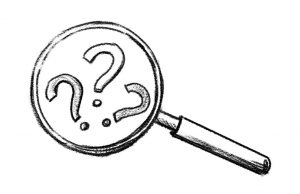
In other words, autodidacts make for great product managers: Learning a new language, picking up a new musical instrument, mastering a new topic. Self-directed learning and curiosity are essential traits for successful product management.
The added advantage of intellectual curiosity and self-learning is that, even if you are leading a project in a vertical you have little prior experience in, the skill set allows you to gain the experience and knowledge necessary to excel.
Furthermore, when it comes to your vertical of expertise, curious PMs who get granular with trends bring more to the discussion. They ask better questions and make observations (workflow, team dynamics etc…) the less curious don’t.
Confidently Humble
A product manager isn’t expected to – and nor should they – always have the right answer. A great PM must be both confident in their abilities and open to accepting responsibility when things go awry. They must be humble to the knowledge of others and listen openly when alternatives are given.
Having a mindset which is strong enough to move mountains, but flexible enough to adapt when change is needed, is part of the makeup of a great product manager. To use an analogy from Bruce Lee, “be formless, shapeless, like water.”
Comfortable with Ambiguity
When I interview Product Managers, one of the questions I ask is about a particular scenario which is purposefully vague. Answering the question outright isn’t the point. I do this to see a candidate’s comfort with making (and stating) their assumptions when information is limited. I want to see how comfortable, or uncomfortable, the candidate is when faced with missing facts.
This is a reflection of the reality a PM faces in the workplace in 2021. Knowing all the parameters up front is a luxury you simply don’t have. This is especially true in small companies and start-ups where there is less experience, knowledge or precedent to draw insight from. A PM who is paralyzed when faced with unknowns won’t get very far, being comfortable with ambiguity is part of a great product manager’s mindset.
Values Criticism
You’ve identified an issue, come up with a potential solution, and gathered the necessary requirements to execute it. However, when you pitch your strategy to your team you are met with criticism and unexpected questions.
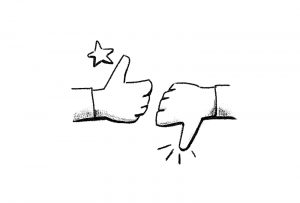
The best PMs embrace this criticism and feedback, they go after it, they demand it. It is part of the process, and every project is better because of it. The best PMs build feedback and criticism into their thought process; they learn from it and use it, both on current, and future projects.
In addition, employees often find it intimidating to challenge the status quo, fearing their voice will go unheard, or their position in the team jeopardized. Great PMs create a culture of open discussion and debate by setting an example. By being willing to stick their neck out and ask challenging questions of the leadership, successful PMs breed an environment of effective discussion where difficult questions and constructive criticism can be voiced freely.
Understands Others’ Contexts
Another question I ask during interviews is used to discover how a candidate would resolve a difference in opinion over a product feature with their CEO. This is a difficult question to answer honestly (and often goes hand-in-hand with the points made about valuing criticism – a clear indicator of potential relationships with seniority). Invariably, less self-aware candidates launch into a defence of their own idea, speaking at length about how they would use data to prove their opinion was correct, yet deferring to the CEO if they couldn’t ‘win’ the argument.

In all my time asking this question, only about 10% of candidates have said they would first try to understand their CEO’s decision making process. This is empathy in action, and it is a key trait to a great product manager.
A CEO has investors, different departments, the press and a whole host of other responsibilities, outside the remit of a product manager, to consider when making a decision. The CEO’s decision framework is often at odds with a product manager and it’s crucial to understand that before lobbying for your own prioritization. (Incidentally, this is a behaviour which transcends the workplace.)
Brings Others Along for the Ride
The destination is often about the journey.
Product managers who monopolize the search for a solution risk alienating their team and bringing counter-productive criticism and feedback when the results are pitched. Bringing others along for the ride – giving courage and motivation to the team aside – often brings more defined and executable results.
Naturally, there is a balance to be struck: you’re not meant to crowd-source your job, nor pander to groupthink. However, your team is composed of product experts and, if judiciously consulted, will greatly improve the project and the team dynamic. Great product managers understand this and use it to better the project.
Knows Which Hills to Die On
There is nothing more exhausting – and ultimately useless to a business – than a PM who fights every battle, regardless of its overall importance. Whether it’s due to misunderstood priorities, ego, or a misguided idea that pushing for more is always better, a PM who can’t prioritise issues and tasks is not a PM.
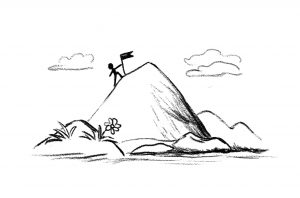
Furthermore, if they have been picked well, a team will be as passionate about the product as their product manager. As such they will be open to endless arguments and discussion about the smallest of features. It’s up to you as a great product manager to discern what’s worth spending time discussing and solving, and what isn’t. Then execute.
Pulls Back to See Big Picture
We’ve all been there: 45 minutes into a meeting on a specific KPI which needs improvement. Before you is an impressively large mind map of all the ideas competing for feature interventions. You’ve diligently captured most of them, but now’s the time to decide what to actually develop.
A great product manager chooses this moment to pull back and see the project in its entirety; to see the forest, not just the trees. They will remind the team of the KPI they’re here to address, and what parameters are in play for its solution (by when, by whom and with what resources).
Mark Baxter, AC&A Senior Associate, says, “The PM’s role is to be the “keeper” of the core values or pillars around which a product (and potentially company) orbit. That role can keep the team aligned during hard discussions about what to include and what won’t yet (or ever) be included. When values guide feature selection, there’s less confusion and ego to deal with.”
Knows Their Process
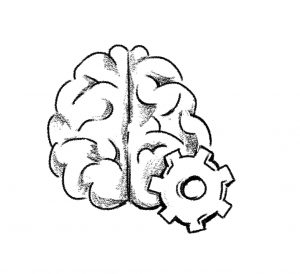
I often ask a PM candidate to describe one of their favourite software tools and explain why they love using it. It’s a rich question and gives insight to not only their product sense, but also their own self. How a candidate answers this question tells me how closely they have examined their own productivity, efficiency and workflow. It tells me, ultimately, how efficient they are.
The great product managers know their processes, but they also reflect on their own methods. They use critical thinking to see through the plethora of productivity tools and choose (and utilize) the ones most effective for them. Through self-examination comes growth. It is why I look for it when interviewing candidates.
Carries No Baggage
Being a consultant gives me the ability to view a product clinically. Unlike an employee, my opinions are not coloured by interpersonal conflicts, ego, or the culture of the company.
A great PM (consultant or employee) avoids accumulating baggage and is able to treat each problem and opportunity with a user-first mentality. When I interview PMs I look for someone who can ignore personal feelings, product politics, and history, and be willing to question, implement or alter decisions based solely on their merit.

How someone frames their time in previous positions and the language they use to describe scenarios (pay special attention to previous failures) and former colleagues can often shed light into how prone they are to picking up baggage.
As our Senior Associate Maxime reminded me recently, a great PM requires a diplomatic personality, as you’re often pitching solutions to teammates who aren’t as free of baggage. 😉
What intangibles do you look for when hiring a great Product Manager?
